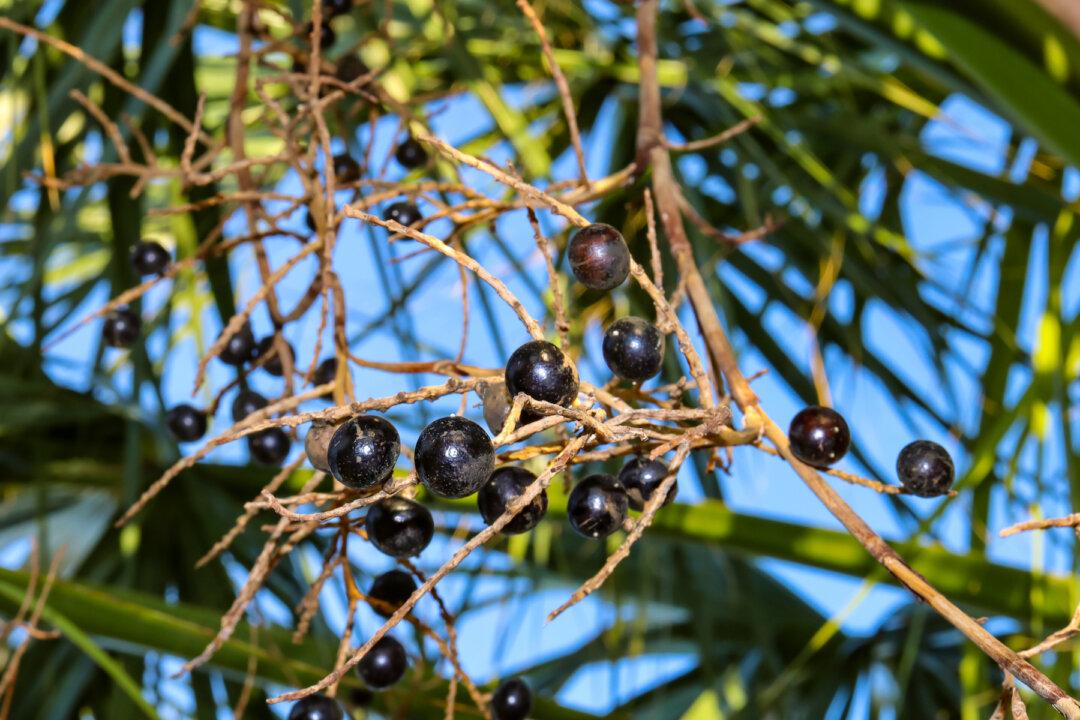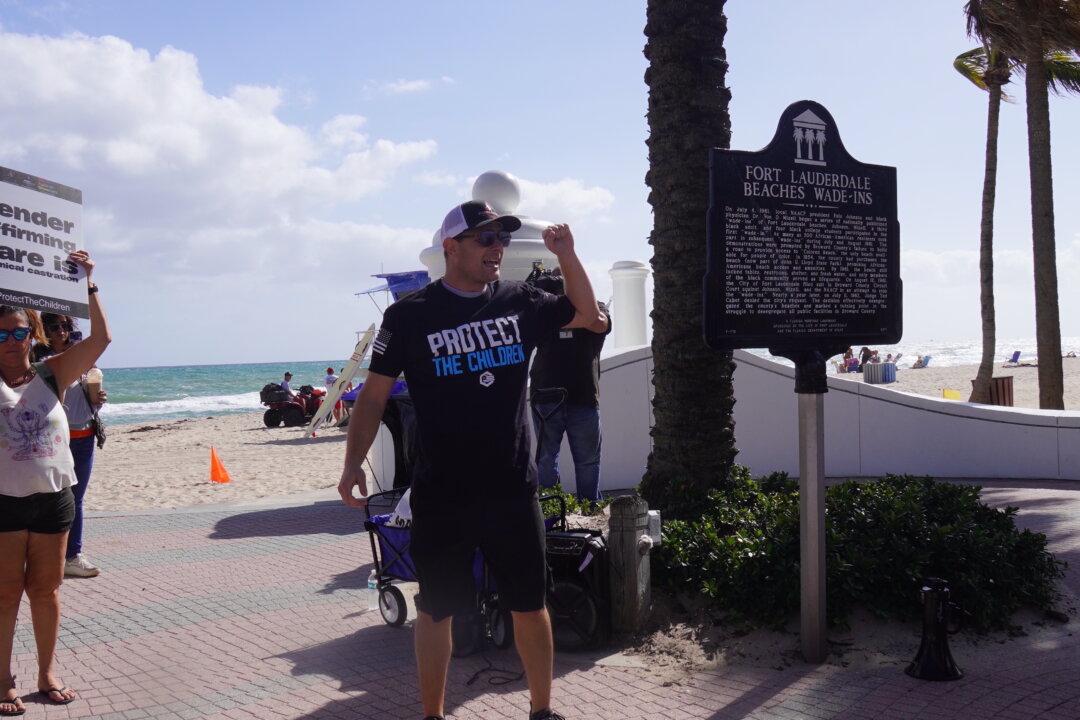PUNTA GORDA, Fla.—Among Florida’s pine flat woods and oak woodlands there lies a native pesky plant—the saw palmetto—which has become one of the biggest agricultural industries in the state. However, harvesters say the industry is being ruined by open borders, ushering in hundreds of poaching crews that pick the berries too early.
“With open borders the influence of large poaching crews has drastically increased property damage and theft of this product,” Michael Baker from Saw Palmetto of South Florida said.




